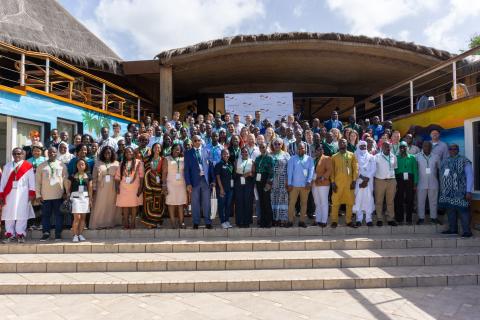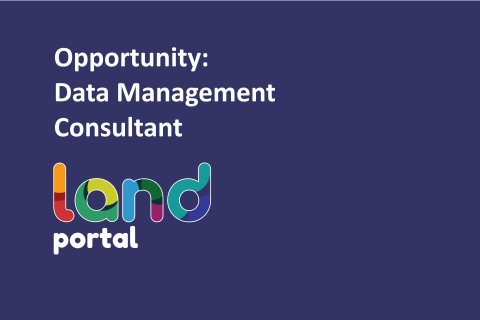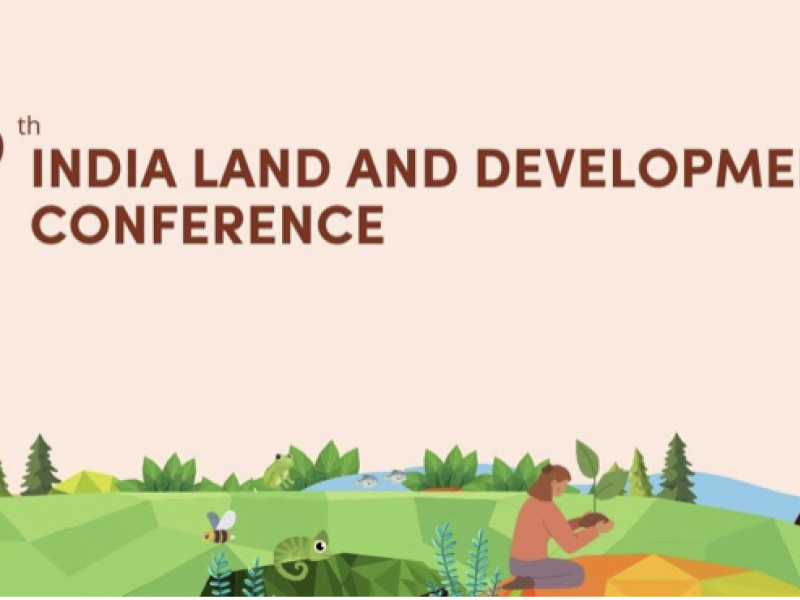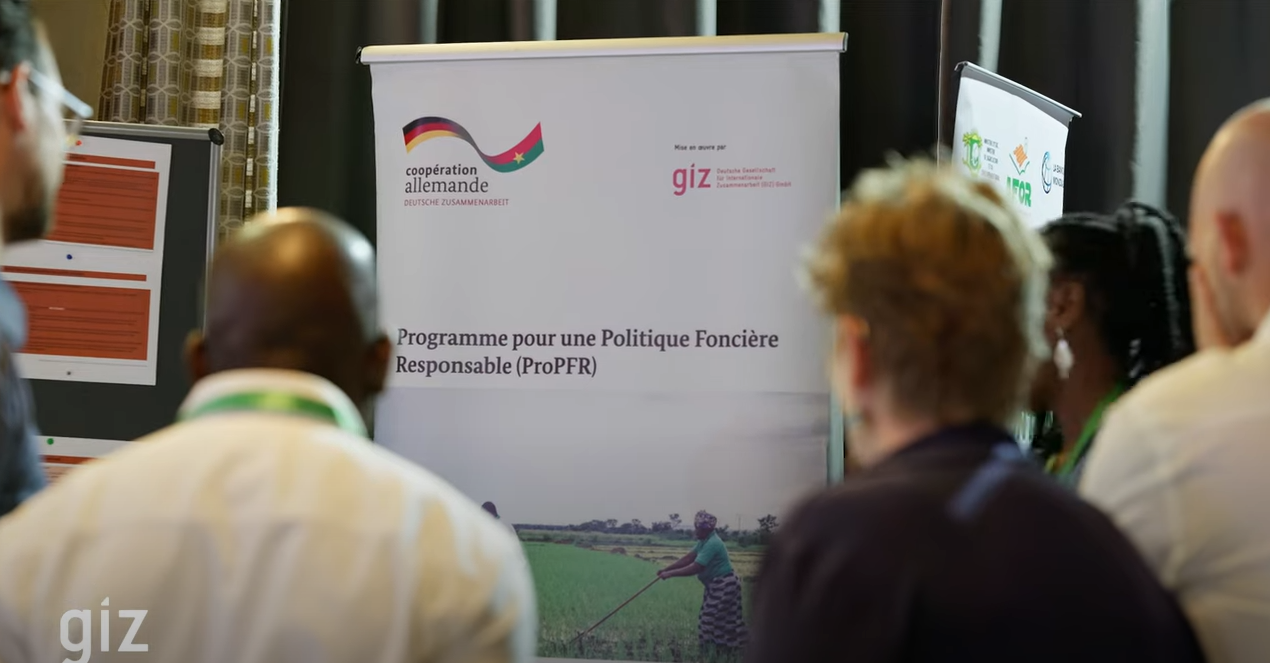GIZ Knowledge Exchange Workshop 2024 Day 1
This video presents an overview of the first day of the 2024 GIZ Knowledge Exchange Workshop: Anchoring Practitioners' Experience in Responsible Land Governance Systems in Senegal.
Issues / Land & Conflicts
This video presents an overview of the first day of the 2024 GIZ Knowledge Exchange Workshop: Anchoring Practitioners' Experience in Responsible Land Governance Systems in Senegal.
As part of its efforts to promote secure land tenure in Africa, three Programmes of German Development Cooperation joined hands and brought together 120 land experts from 17 countries to discuss Responsible Land Governance Systems in Somone, Senegal on 7-11 October 2024. This was the second such…
The project "Responsible Land Policy" (ProPFR) in Cameroon is being implemented since January 2023 and contributes to strengthening land use rights in the Centre Region of Cameroon (primarily in the municipalities of Nanga-Eboko and Yoko), safeguarding the livelihoods of the rural population and…
OrganizationsBrowse all






